**Note: This page is for educational inspiration and is not officially affiliated with International Day for Biological Diversity. For official information, themes, and resources, please visit the Convention on Biological Diversity (CBD) website: www.cbd.int/idb/.
Friday 22nd May 2026
Understanding International Day for Biological Diversity in EYFS & KS1
Let's explore the amazing variety of life on our planet and learn how we can protect it! 🦋🌳🐠 International Day for Biological Diversity (IDB) is a special day celebrated every year on May 22nd. It was started by the United Nations to help everyone understand something very important called 'biological diversity', or 'biodiversity' for short. Biodiversity means all the different kinds of living things on Earth – like tiny insects, huge trees, colourful fish, big animals, and even us! It's also about all the different places they live, from deep oceans to tall mountains. This day reminds us that all these different living things are connected and important, and we need to look after them and their homes to keep our planet healthy and full of wonderful life.
For early years settings, nurseries, preschools, childminders, and Year 1 and Year 2 classrooms, this day provides a wonderfully rich and crucial theme for exploring animals (diverse types), plants, habitats, life cycles, conservation, the environment, and understanding the world (the natural world). It's about inspiring children to marvel at the diversity of nature, fostering empathy for all living things, and teaching them simple, positive actions they can take to contribute to a healthier planet. This day offers fantastic planning ideas and inspiration for engaging activities that truly resonate with young minds, making learning about nature, science, and stewardship both essential and wonderfully hands-on!
Why Is Learning About Biodiversity Important for Young Children?
Integrating International Day for Biological Diversity and themes of wildlife and environmental conservation into your practice with young children (aged 0-7) helps develop an early appreciation for nature, developing responsible habits, and laying the groundwork for future environmental stewardship.
Promotes Appreciation for Nature: Encourages children to marvel at the variety of plants and animals around them.
Introduces Concepts of Ecosystems: Helps children understand that living things depend on each other and their environment.
Fosters Empathy & Respect: Develops care and concern for all forms of life, big and small.
Builds Environmental Responsibility: Inspires children to think about how their actions (like recycling or planting) can help protect biodiversity.
Enhances Observation Skills: Encourages children to look closely at details in nature and make connections.
Supports Scientific Inquiry: Sparks curiosity about different species, their characteristics, and their life cycles.
Engaging Biodiversity & Nature Activities for International Day for Biological Diversity (EYFS & KS1)
Let's become biodiversity champions and explore the incredible variety of life for International Day for Biological Diversity with these planning ideas and activities perfect for EYFS and KS1 children. The focus is on discovery, appreciation, and gentle care for our diverse natural world! Many of these early years and year 1 activities can be supported by our dedicated ‘Wildlife’, ‘Animals’, ‘Plants’, ‘Habitats’, ‘Minibeasts’, ‘Endangered Animals’, and ‘The Environment’ resources.
Here's some inspiration for celebrating International Day for Biological Diversity in your setting: (Please use your own discretion and knowledge of your children to ensure appropriateness of each activity and safety concerning any materials given and activity undertaken. Emphasise gentle observation and respect for all living things.)
Exploring Diverse Life Forms:
Learn about various animals, from insects to mammals. Use 'Animals Of The World Mega Colouring Pack'.
Focus on Endangered Animals to highlight the importance of protecting species: Explore packs like 'Barn Owl Pack', 'Bat Pack', 'Bumblebee Pack', 'Elephant Pack', 'Lion Pack', 'Sea Turtle Pack', 'Tiger Pack', 'Whale Shark Pack', and their corresponding mindfulness colouring or body parts sheets ('Lion - Colouring (Mindfulness)', 'Elephant Body Parts - Poster & Writing Sheets').
Discuss different types of Birds using 'UK Birds Number Slice Puzzles (1-5 & 1-10)', 'Garden Birdwatch Mat', and 'Pigeon Body Parts - Poster & Writing Sheets'.
Explore Minibeasts and their habitats: Conduct a 'SCIENCE - Activity Pack - Minibeast Hunt'.
Discuss different habitats (e.g., forest, ocean, beach, wetlands, polar regions) and the animals and plants that live there. Refer to pages like ‘Habitats’, ‘Forest School’, ‘Woodland (Temperate)’, ‘Ocean’, ‘Under the Sea’, ‘Wetlands’, ‘Beach School’, and ‘Polar’.
Talk about the interconnectedness of living things, for example, how bees help plants grow (linking to ‘World Bee Day’).
Consider how seasons affect animals and plants, using 'Helping Wildlife In Winter' Poster', and 'Signs Of Spring Posters/Display/Cards/Prompts'.
Life Cycles & Growth:
Explore the life cycles of plants and animals using 'Endless Life Cycle Puzzles'. This helps children understand how living things grow and change.
Discuss plant growth through gardening activities, using 'Gardening - Sunflower Growth Ordering Cards' and 'Gardening - 'Green Fingers' Certificate'. This links to our ‘Plants’ and ‘Gardening’ pages.
Conservation & Environmental Care:
Talk about simple ways to protect biodiversity, such as recycling (linking to ‘Recycling’) and not littering.
Encourage responsible interactions with nature during outdoor activities, using resources like 'BEACH - Mindfulness Scavenger Hunt Sheets'.
Creative & Scientific Exploration:
Use STEM challenges to encourage scientific thinking about nature: 'STEM - Challenge Cards' and 'STEM - WINTER Challenge Cards'.
Engage in creative activities with nature themes, such as 'Beach - Design A Shell Multimats' and 'Beach - Mark Making Cards'.
Practice counting animals with 'ZOO ANIMAL COUNTING DISPLAY POSTERS/FLASHCARDS'.
Develop fine motor skills with 'Feed The Robin Pencil Control Mats'.
Explore More: Please visit the following pages to browse our entire collection of ‘Wildlife’ educational materials, covering a vast array of topics from specific animals to habitats and environmental themes: 'Animals', 'Autumn', 'Beach School', 'Birds', 'Endangered Animals', 'Fish', 'Forest School', 'Gardening', 'Habitats', 'Invertebrates', 'Life Cycles', 'Mammals', 'Minibeasts', 'Ocean', 'Out and About', 'Plants', 'Polar', 'Recycling', 'Reptiles', 'Spring', 'The Environment', 'Under the Sea', 'Wetlands', 'Winter' and 'Woodland (Temperate)'.
These activities offer great inspiration for making International Day for Biological Diversity a memorable and impactful experience in your early years and Key Stage One setting, fostering awe for nature, scientific understanding, environmental responsibility, and a deep appreciation for the diversity of life on Earth.
To explore ideas surrounding additional early years events, please visit our 'Special Dates Calendar' page.
Printable resources to support teaching & learning surrounding: ‘International Day for Biological Diversity’
Free Wildlife & Biodiversity printable activities and ideas for EYFS & KS1 (Scroll through to browse):
‘Endangered Animals’ printable activities and ideas for EYFS & KS1:
Wildlife & Biodiversity printable activities and ideas for EYFS & KS1:
Please visit the following pages to browse our entire collection of ‘Wildlife’ educational materials:
More Early Years Event Pages for MAy
🐢🌊 For early years settings, nurseries, preschools, childminders, and Year 1 and Year 2 classrooms, this day provides a wonderful and engaging theme for exploring animals (especially reptiles, sea…
🦋🌳🐠 International Day for Biological Diversity (IDB) is a special day celebrated every year on May 22nd. It was started by the United Nations to help everyone understand something very…
🔢➕ For early years settings, nurseries, preschools, childminders, and Year 1 and Year 2 classrooms, this day provides a fantastic and practical theme for exploring counting, number recognition…
Let's buzz about bees and discover why these tiny creatures are super important! 🐝🍯 For early years settings, nurseries, preschools, childminders, and Year 1 and Year 2 classrooms, this day…
Let's explore, discover, and learn amazing things, just like in a museum! 🏛️🔎 For early years settings, nurseries, preschools, childminders, and Year 1 and Year 2 classrooms, this day provides…
Let's dedicate a special time to celebrate every child in the UK and think about what they need to be safe, healthy, and happy! 🌟👧👦 For early years settings, nurseries, preschools, childminders…
Let's learn about some very special animals and plants that need our help! 🐾🌱 Endangered Species Day is a special day celebrated every year on the third Friday in May. It was started by a…
👨👩👧👦💖 International Day of Families is a special day celebrated every year on May 15th. It was started by the United Nations in 1993 because they wanted everyone to remember how important…
😊🧠 Mental Health Awareness Week happens every year in May. It's hosted by the Mental Health Foundation, a charity in the UK. This week is all about helping everyone understand that our minds…
Let's celebrate the amazing nurses who help us feel better! 👩⚕️🧑⚕️ For early years settings, nurseries, preschools, childminders, and Year 1 and Year 2 classrooms, this day provides a fantastic…
✨🧼 World Hand Hygiene Day is a special day celebrated every year on May 5th. It was started by the World Health Organization (WHO) with a very important message: 'SAVE LIVES:…
😄😂 The main idea of this day is to show how laughter can help bring peace and friendship to people all over the world. Dr. Kataria believes that laughter is like a super-power that can help people…
Let's put on our shoes and get walking to school, to the park, and everywhere in between! 🚶♀️🚶♂️ For early years settings, nurseries, preschools, childminders, and Year 1 and Year 2 classrooms…
Let's learn outside! 🌳☀️ Outdoor Classroom Day is a global campaign to inspire and celebrate outdoor play and learning, with two designated days each year: one in May and one in November…
Explore special dates (including awareness dates, festivals, celebrations & events) relevant to your EYFS & KS1 children
Browse our ‘Special Dates Calendar’ page using the link below. You’ll find calendars for every month of the year to aid your planning!
CLICK HERE to visit our ‘SPECIAL DATES CALENDAR PAGE’ for an entire year of key EYFS & KS1 events, festivals & celebrations.
SEARCH ‘LITTLE OWLS Resources’ USING THE FOLLOWING MENU BUTTONS…
Disclaimer:
This page is for educational purposes only and is intended to support early years and primary practitioners with ideas and resources related to 'International Day for Biological Diversity'. We are not officially affiliated with or endorsed by the United Nations, which proclaimed this international observance, nor the Convention on Biological Diversity (CBD). We do not claim any rights to specific trademarks or official materials associated with this event. For official information, themes, and how to get involved, please visit the Convention on Biological Diversity (CBD) website: www.cbd.int/idb/.








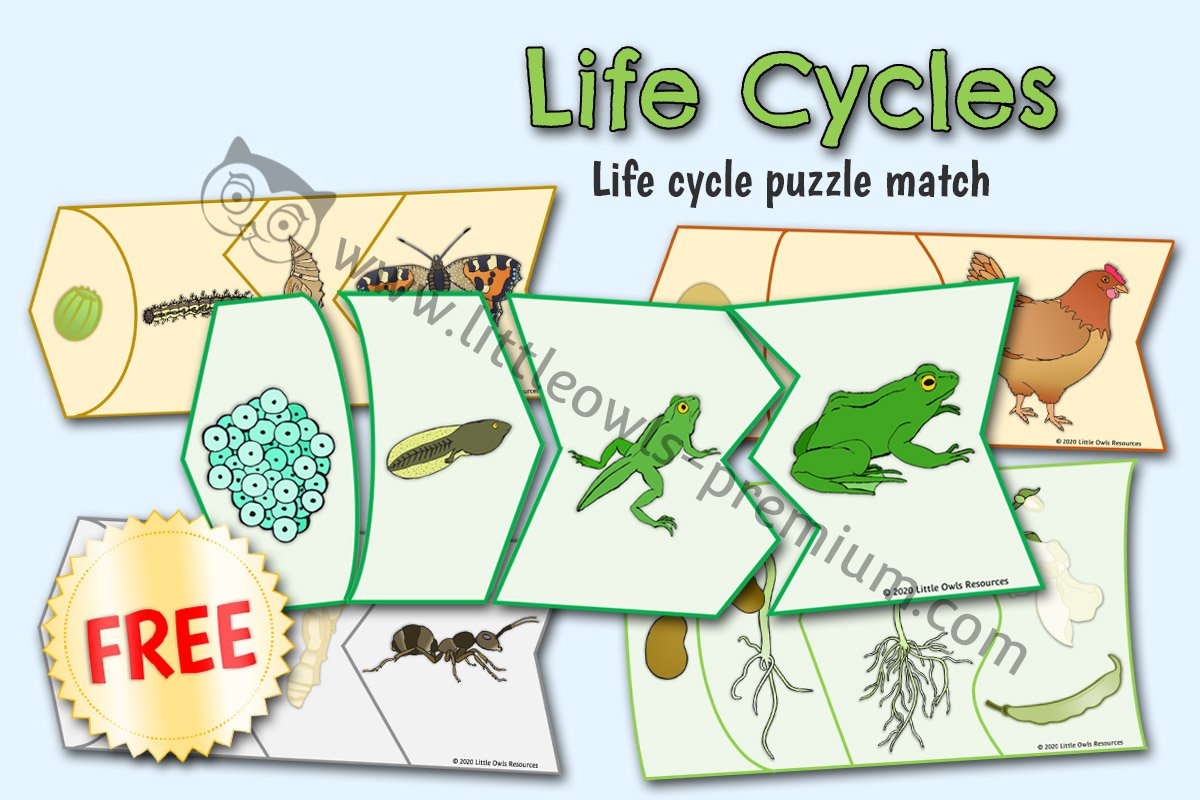





























































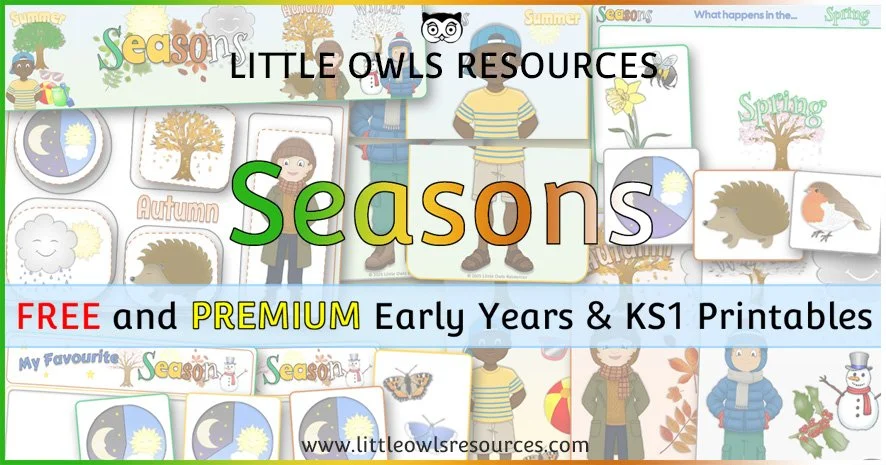























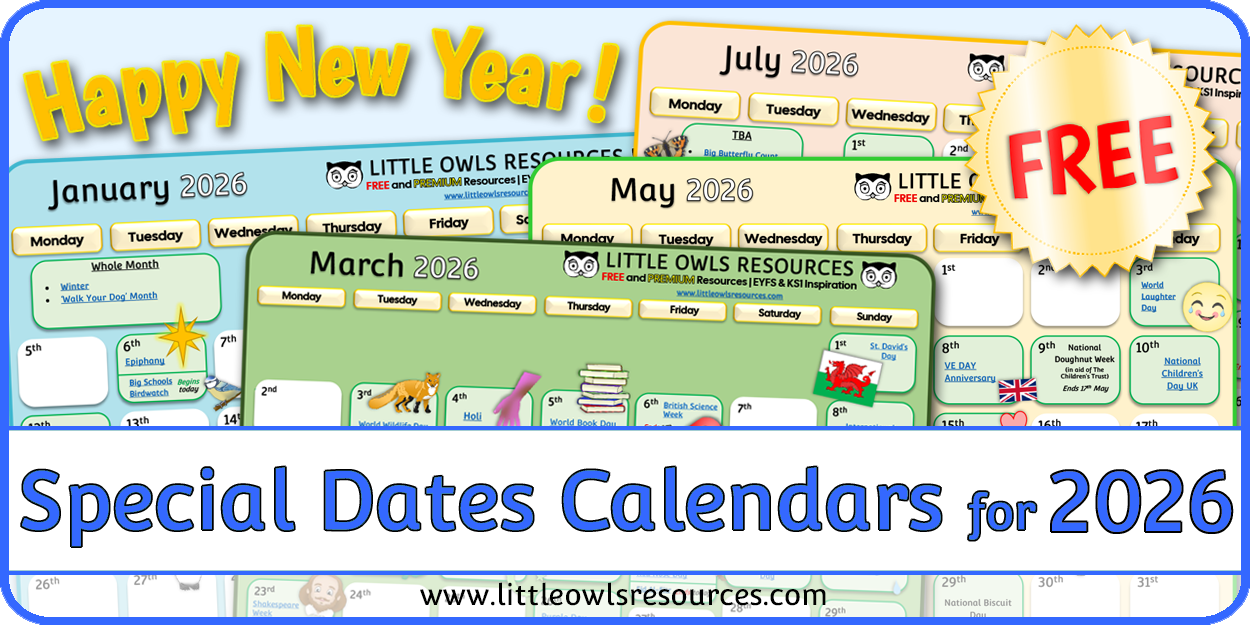
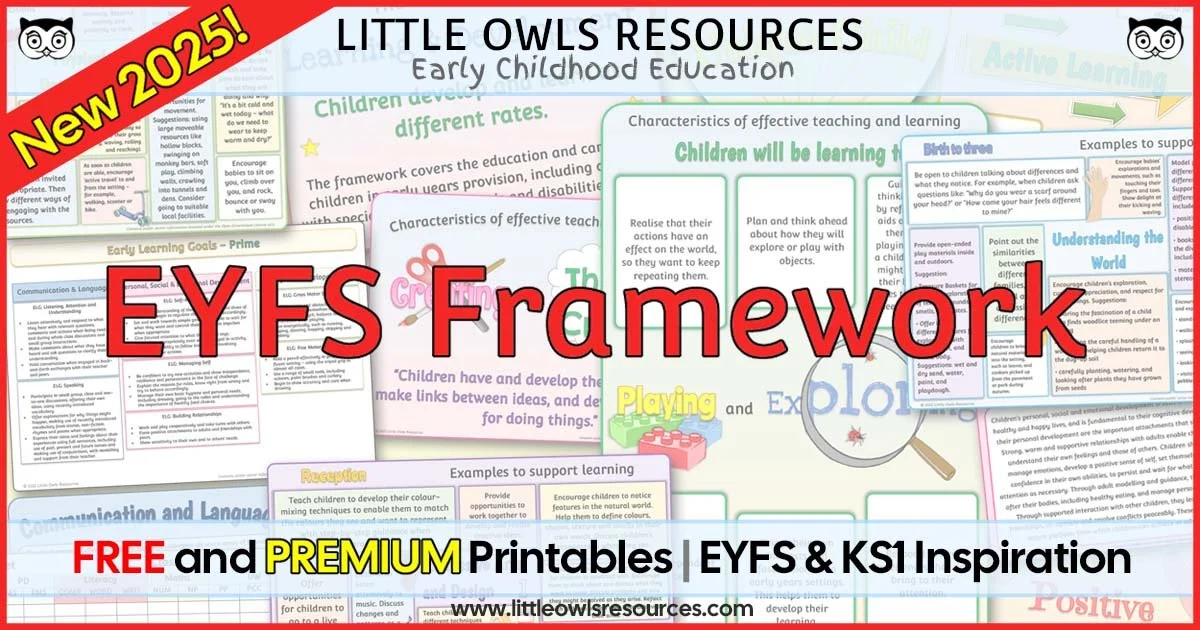

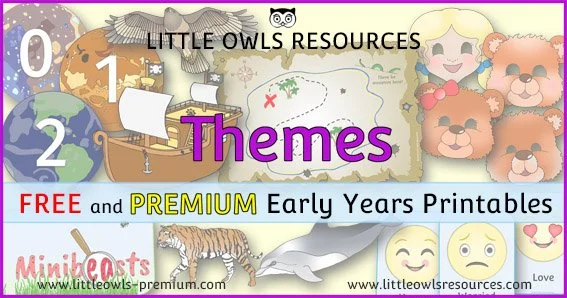

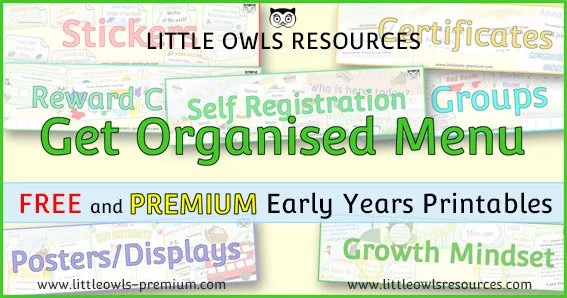

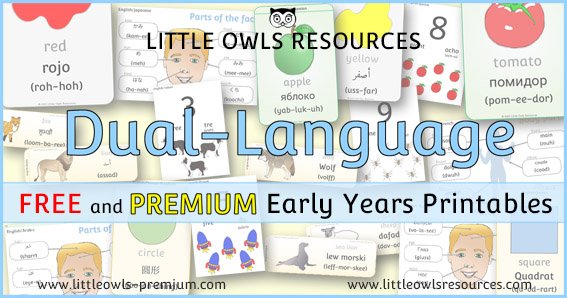
Let's dig in and grow something amazing! 🌱🌻🥕 For early years settings, nurseries, preschools, childminders, and Year 1 and Year 2 classrooms, this week provides a wonderfully rich and hands-on…